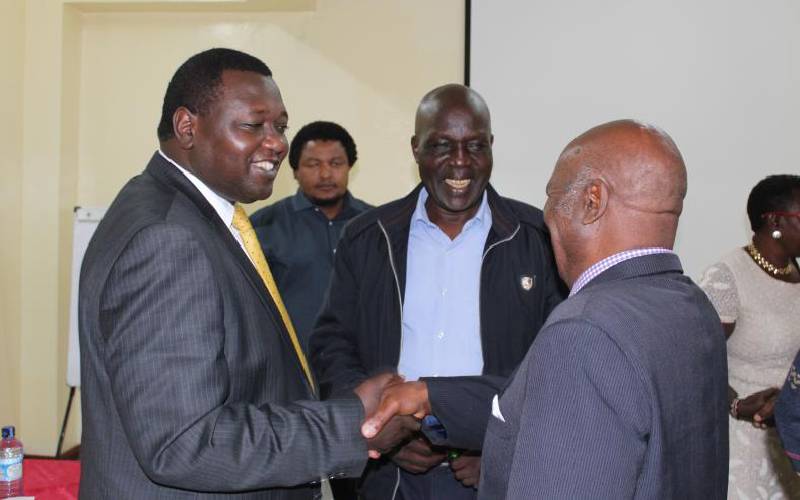×
The Standard e-Paper
Stay Informed, Even Offline

Non-governmental organisations operating in counties in upper eastern Kenya spent Sh19.9 billion to implement various projects in the 2017-18 financial year.
NGOs Coordination Board Executive Director Mutuma Nkanata revealed that 195 organisations spent the money to fund various community projects in Meru, Tharaka Nithi, Embu, Isiolo and Marsabit.